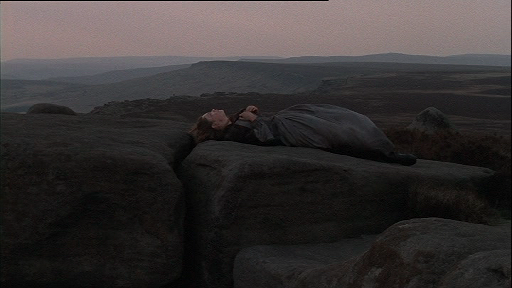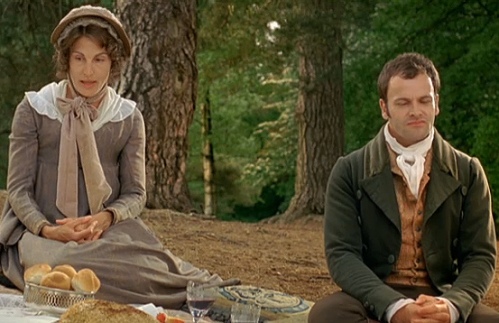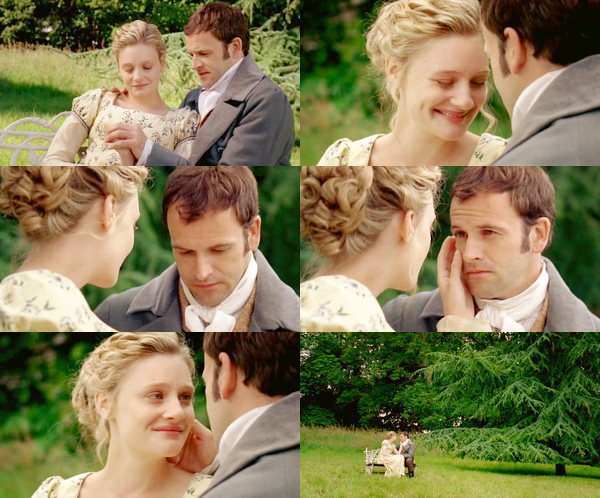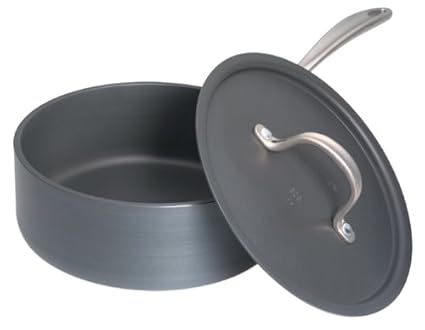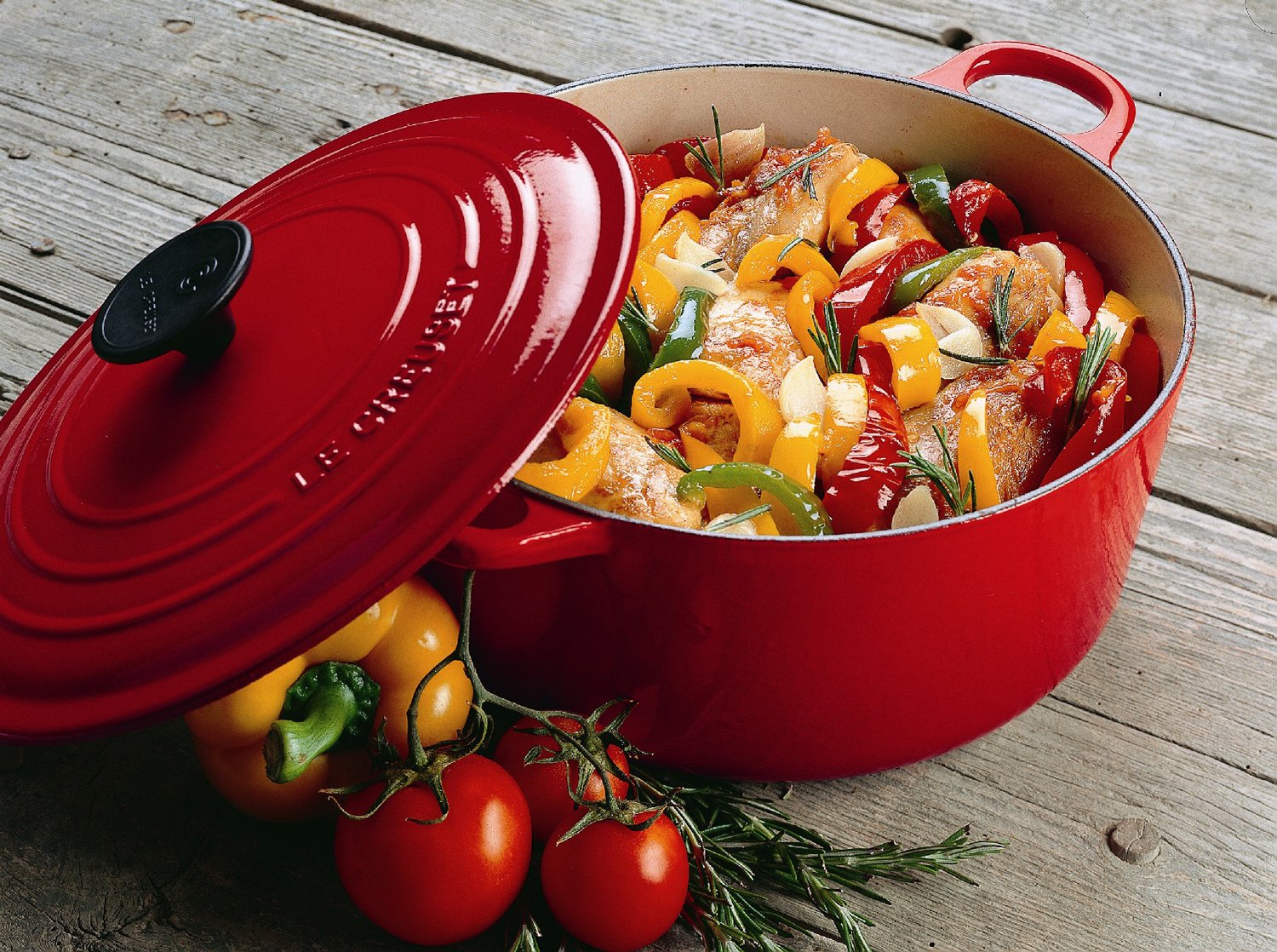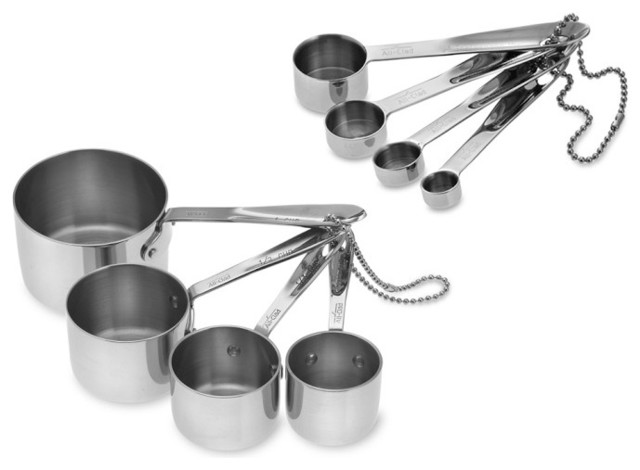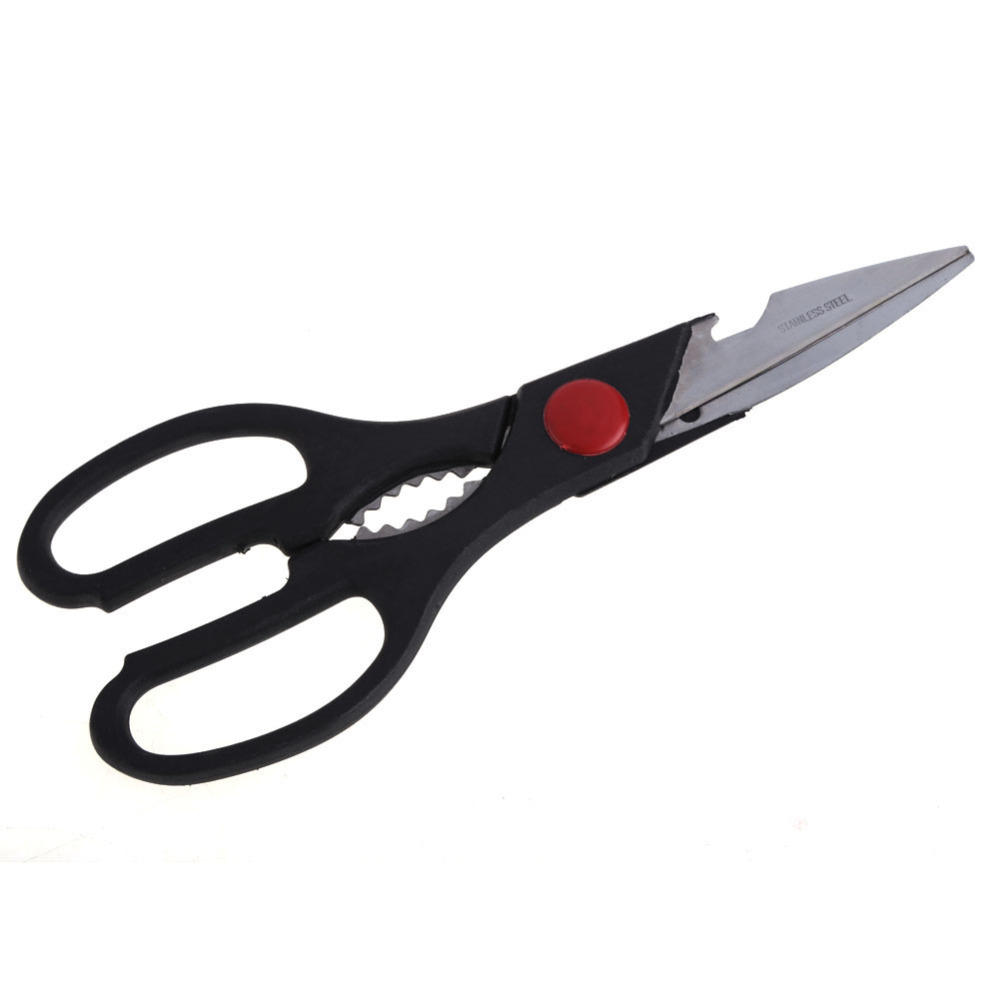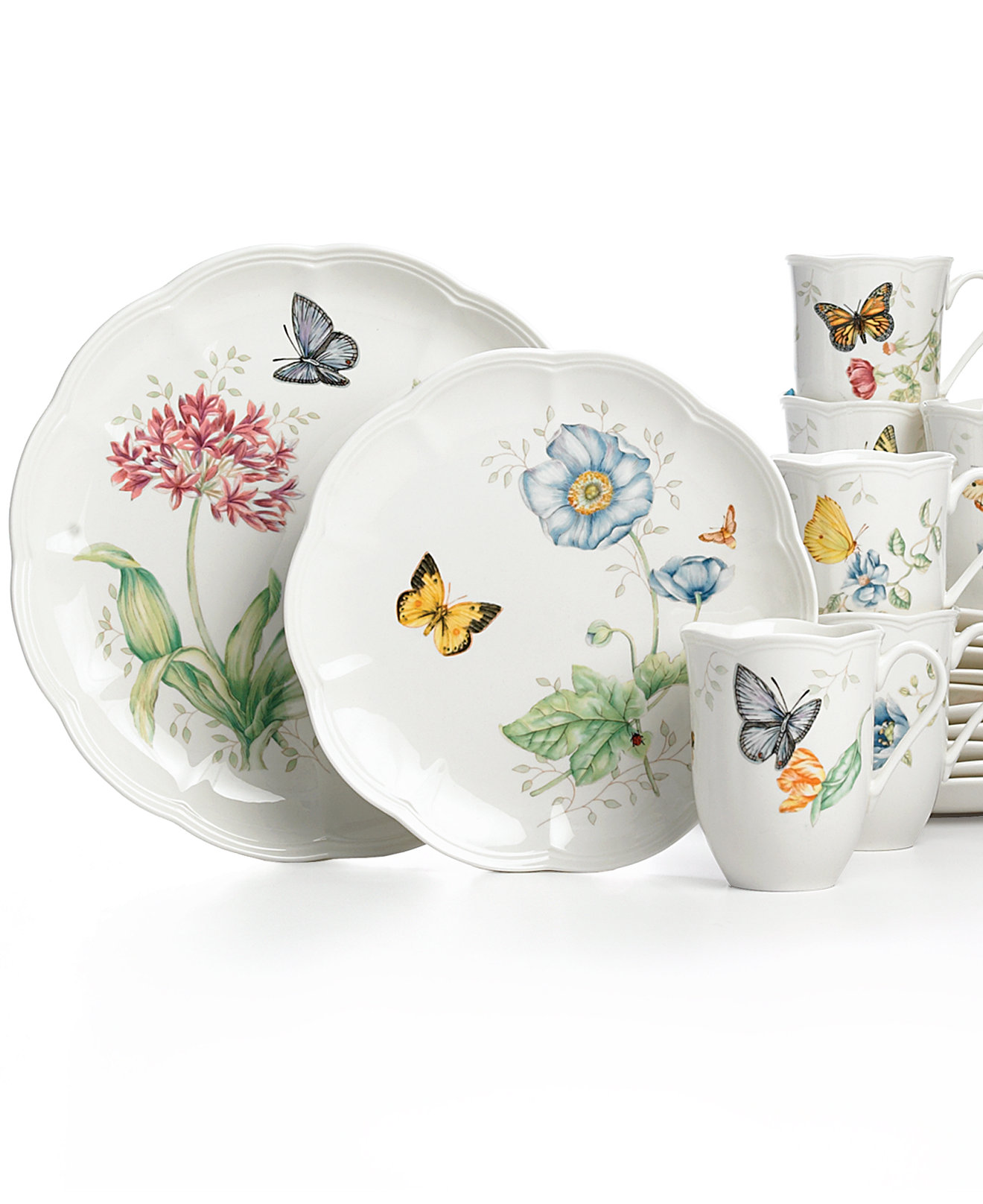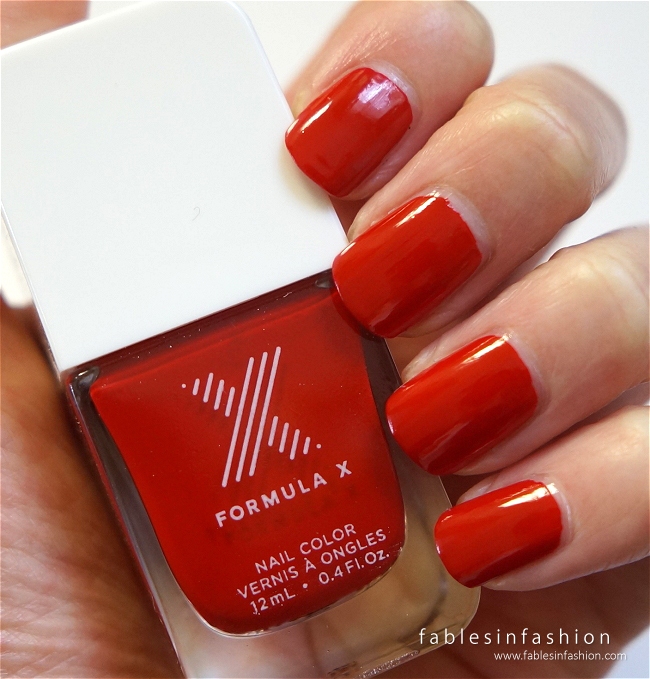Last week was a rundown of David Brooks insights; today shall be that of Arthur C. Brooks.
First: "Choose to Be Grateful. It Will Make You Happier." It was printed Thanksgiving time, as he attempts to explain Thanksgiving to his Spanish in-laws (who live in Spain). One of the questions they asked was “Should you celebrate this holiday even if you don’t feel grateful?”
I stumbled over this last question. At the time, I believed one should feel grateful in order to give thanks. To do anything else seemed somehow dishonest or fake — a kind of bourgeois, saccharine insincerity that one should reject. It’s best to be emotionally authentic, right? Wrong. Building the best life does not require fealty to feelings in the name of authenticity, but rather rebelling against negative impulses and acting right even when we don’t feel like it. In a nutshell, acting grateful can actually make you grateful.
For many people, gratitude is difficult, because life is difficult. Even beyond deprivation and depression, there are many ordinary circumstances in which gratitude doesn’t come easily.
For many of us, the default is to kvetch, not to kvell. But if forced to do so for, say, a study—yup, happier people.
In addition to building our own happiness, choosing gratitude can also bring out the best in those around us. Researchers at the University of Southern California showed this in a 2011 study of people with high power but low emotional security (think of the worst boss you’ve ever had). The research demonstrated that when their competence was questioned, the subjects tended to lash out with aggression and personal denigration. When shown gratitude, however, they reduced the bad behavior. That is, the best way to disarm an angry interlocutor is with a warm “thank you.”
(Same applies with misguided shadchanim: Just keep saying "thank you." They can't argue with that.)
He provides strategies, like "interior" gratitude, "exterior" gratitude, being grateful for "useless" things.
Second: "To be Happier, Start Thinking More About Your Death." This one came out around New Years, so it discussed resolutions. While people feel happier after delving into spiritual activities, they did not spend much of their time thusly.
Some might say that this reveals our true preferences for TV and clickbait over loved ones and God. But I believe it is an error in decision making. Our days tend to be an exercise in distraction. We think about the past and future more than the present; we are mentally in one place and physically in another. Without consciousness, we mindlessly blow the present moment on low-value activities.
The secret is not simply a resolution to stop wasting time, however. It is to find a systematic way to raise the scarcity of time to our consciousness.
That which is precious and valued is that which is rare, like diamonds. Meaning, the only way to spend time well is to acknowledge it as being finite.
Third: "Narcissism is Increasing. So You're Not Special." In Brooks' youth, the child-raising concern was low self-esteem; now the pendulum has swung to the other extreme.
But narcissism isn’t an either-or characteristic. It’s more of a set of progressive symptoms (like alcoholism) than an identifiable state (like diabetes). Millions of Americans exhibit symptoms, but still have a conscience and a hunger for moral improvement. At the very least, they really don’t want to be terrible people.
I believe that too. Somewhat.
Indeed, in the Greek myth, Narcissus falls in love not with himself, but with his reflection. In the modern version, Narcissus would fall in love with his own Instagram feed, and starve himself to death while compulsively counting his followers.
True dat.
A healthy self-love that leads to true happiness is what Rousseau called “amour de soi.” It builds up one’s intrinsic well-being, as opposed to feeding shallow cravings to be admired. Cultivating amour de soi requires being fully alive at this moment, as opposed to being virtually alive while wondering what others think. The soulful connection with another person, the enjoyment of a beautiful hike alone (not shared on Facebook) or a prayer of thanks over your sleeping child (absent a #blessed tweet) could be considered expressions of amour de soi.




